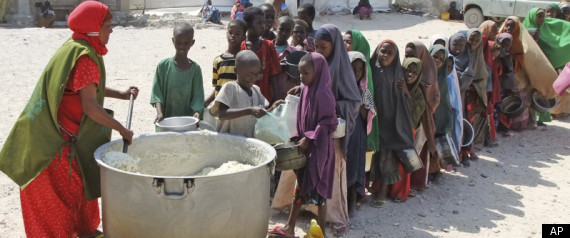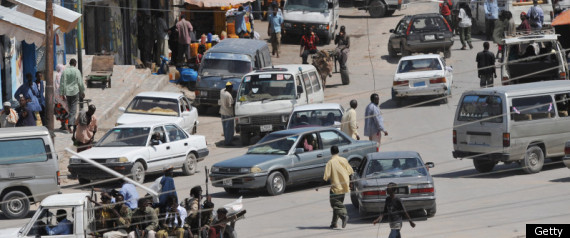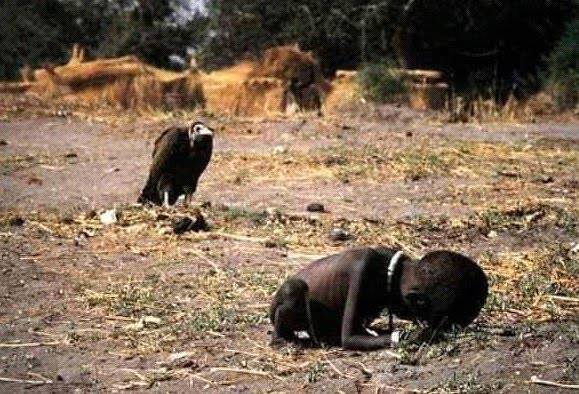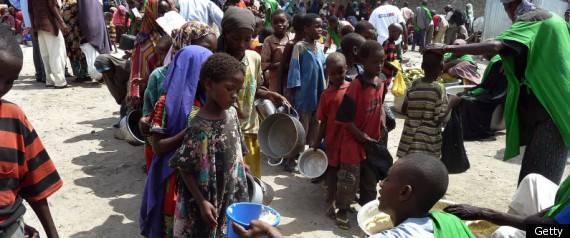- Thread starter
- #81
Somalia Famine: African Leaders Pledge $380 Million In Aid

Somalia Famine: African Leaders Pledge $380 Million In Aid

ADDIS ABABA, Ethiopia (Associated Press) -- African leaders have pledged nearly $380 million to help famine-hit families in the Horn of Africa.
During a donor conference held Thursday at the African Union headquarters in Ethiopia's capital, the African Development Bank in a statement announced a donation of $300 million for long-term development in the Horn of Africa, to be spent by 2013. Nations also pledged $28.8 million in food donations.
African leaders promised to donate $51 million, the most generous donors being Algeria with $10 million, Egypt with $6 million, and Angola with $5 million.
African leaders had been criticized for not doing enough to help those affected by the famine. The U.N. says 12.4 million people need food aid and tens of thousands have died. Aid groups had said they wanted at least $50 million from Thursday's conference.
Somalia Famine: African Leaders Pledge $380 Million In Aid








